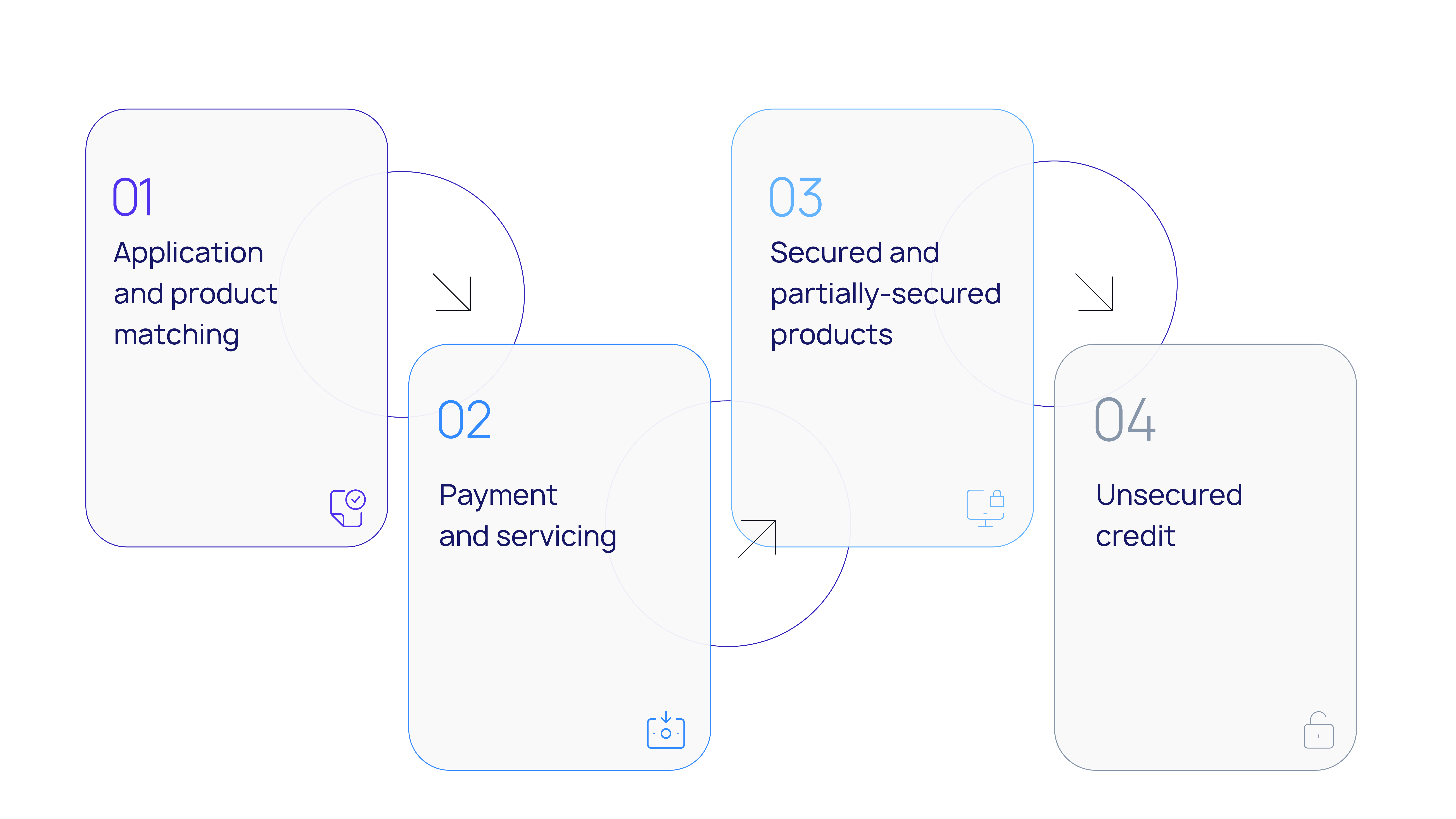Keeping Up with Compliance: November 2024
Welcome to another issue of LoanPro’s Compliance & Fintech Newsletter, bringing you news from across the industry with a focus on compliance. Expect new editions monthly. Subscribe to the newsletter to make sure you don’t miss an issue.
Compliance actions & changes in the industry
CFPB
- The Consumer Financial Protection Bureau (CFPB) has ordered Navy Federal Credit Union to refund over $80 million to consumers and pay a $15 million penalty for charging illegal overdraft fees from 2017 to 2022, including surprise fees on transactions with sufficient funds and fees from delayed peer-to-peer payments.
- Major tech companies like Google Pay, Apple Wallet, and Venmo will now be regulated as banks under a finalized rule by the CFPB issued on November 21, subjecting them to proactive compliance examinations focused on transaction volumes, data privacy, fraud prevention, and ensuring fair competition.
Regulatory
- The FTC is taking legal action against Georgia-based debt collector Global Circulation, Inc., accusing it of illegally tricking consumers into paying over $7.6 million by using threats of jail time, family harassment, and false claims of owed debts, leading to a temporary halt of the company's operations and assets freeze.
- The FTC has expanded its Telemarketing Sales Rule to cover inbound telemarketing calls for technical support services, aiming to combat scams that disproportionately target older consumers and resulted in over $175 million in reported losses last year.
Fintech news
- Affirm is expanding into the U.K., its first market outside North America, as it navigates potential regulatory changes and aims to differentiate itself from competitors like Klarna with transparent, interest-fixed offerings and no late fees.
- Moody's Corporation has acquired fintech Numerated Growth Technologies, a loan origination platform, to enhance its Lending Suite with end-to-end lending solutions powered by AI and data-driven technology, furthering its support for financial institutions' digital transformation efforts.
- Mastercard aims to replace manual card entry and one-time passwords with tokenization and biometric authentication by 2030 to reduce online fraud, enhance security, and promote numberless physical cards.
- Affirm is launching in the U.K., its first market outside North America, aiming to stand out with no late fees and fixed interest as it navigates a competitive BNPL market and pending regulations.
- Swedish payments company Klarna plans to go public in 2025, unlike some FinTech peers like GoCardless and Airwallex, which are delaying IPOs to focus on business growth amid challenging market conditions.
Insights
In each of the compliance stories we highlighted from last month, we saw the CFPB and FTC expanding their scope to include new areas and cracking down on deceptive actions. There are two lessons to be learned here:
- Compliance is coming. Even if a product is currently flying under the radar, if it deals with consumers and their money it will more than likely end up in scope for the CFPB, FTC, other federal agencies, or state regulators. Just like when BNPL was rolled into Reg Z a few months back, it will be far easier for the companies providing these products if they pre-emptively configure them to align with existing regulations.
- Simple mistakes will cost you. Deceiving customers isn’t just ethically questionable; it’s shortsighted. Charging an illegal fee or lying about the consequences of missed payments might get you a few dollars in the short term, but it runs the risk of both incurring heavy fees from regulators and tarnishing your own brand.
Compliance feature spotlight
Lots of systems boast features that will make your operation more efficient, productive, profitable, and compliant. But none of those ancillary features amount to a hill of beans if the whole system goes offline.
Recently, we heard of a lender who launched on a new platform. Without getting mired in the details, we’ll summarize that mistakes were made: the system crashed almost as soon as it went online. They tried to patch it up with a quick fix, but key services were missing for months, and all the while their customers were given late fees because they couldn’t make payments on the broken platform. At the end of the day, the failure cost them plenty of money, hurt their reputation, and put them on the receiving end of a fine from the CFPB.
It all could have been avoided if they had focused on sustainability, reliability, and security when selecting their platform. These aren’t the flashiest features, but at the end of the day, they’re absolutely critical to the success and compliance of your operation.
For more of that story and how LoanPro can improve your reliability, check out our recent blog post on building sustainability with a modern credit platform.
Thanks for reading this month's edition of Keeping up with Compliance! Don't forget to subscribe, and keep your eyes peeled for our December issue.





